Thailand risks losing 7%-14% of its Gross Domestic Product (GDP) by 2050 if it fails to take measures to adapt to climate change, according to a new warning from the World Bank (WB).
Loss of productivity from rising temperatures will be the most significant economic threat, affecting workers across all sectors. Coastal erosion already affects 30% of Thailand’s coastline and could cost the tourism industry $1 billion a year. Meanwhile, water shortages in key agricultural and industrial areas are worsening.
Despite the serious challenges, the World Bank has identified significant economic opportunities. Investments in flood mitigation, water security, coastal protection and cooling infrastructure could boost Thailand’s GDP by 4-5% by 2050, helping it reach high-income status.
The report highlights that Thailand’s poorest and most vulnerable populations face the greatest climate risks. Water-scarce and flood-prone areas in the north and northeast are among the country’s poorest, heavily dependent on climate-sensitive rice and fisheries agriculture .
The report was released a year before Thailand hosts the IMF-World Bank Group Annual Meetings in October 2026, with the central theme being “Building Thailand’s Future Today.”
The World Bank is supporting several major infrastructure projects, including a $346 million program to upgrade flood management infrastructure in the Chao Phraya River basin and a $350 million water security project in the Eastern Economic Corridor.
Source: https://vtv.vn/thiet-hai-kinh-te-neu-khong-hanh-dong-vi-khi-hau-100251006184809277.htm





![[Photo] Dan Mountain Ginseng, a precious gift from nature to Kinh Bac land](/_next/image?url=https%3A%2F%2Fvphoto.vietnam.vn%2Fthumb%2F1200x675%2Fvietnam%2Fresource%2FIMAGE%2F2025%2F11%2F30%2F1764493588163_ndo_br_anh-longform-jpg.webp&w=3840&q=75)










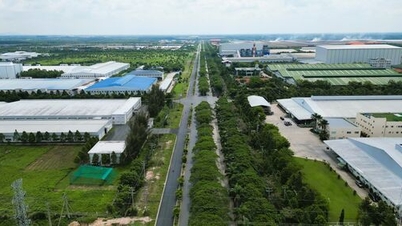





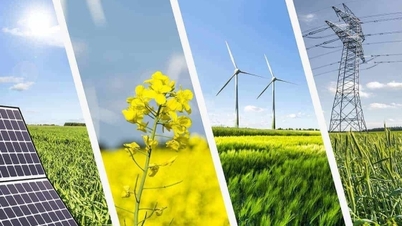










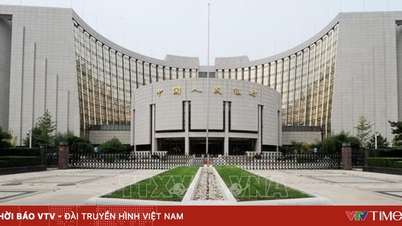













































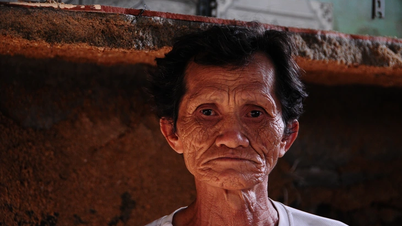
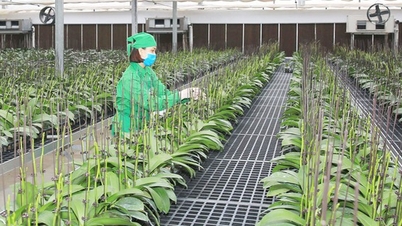




























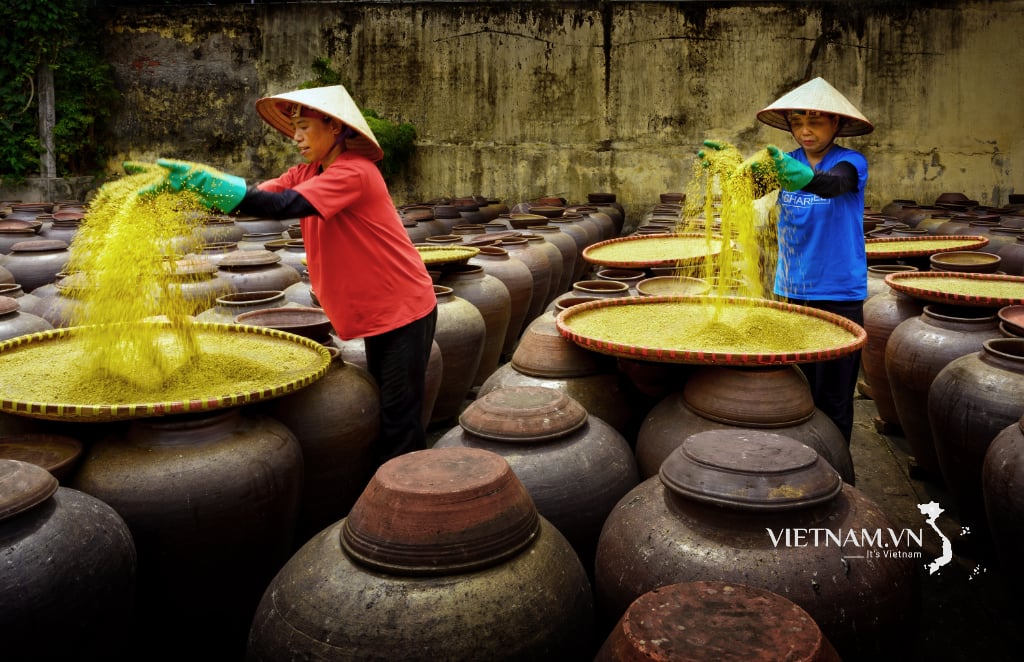

Comment (0)